Steal My Bookshelf: 21 BEST Books About Learning & Studying
My all-time 21 favourite books about studying and learning live on a special shelf behind my desk. According to, well, me, these represent the best books on effective learning you could wish for.
I frequently rave about these books to the students and teachers I work with.
These are the books I reach for day-in, day-out when I’m writing for the blog or working on presentations for schools.
Whether you’re looking to find ways to help you or your students build better study habits, or brush up on the science of learning so you can teach or study more effectively, you’re in the right place.
I even take the time to arrange them by colour.
(Tell me if I’ve gone too far…?)
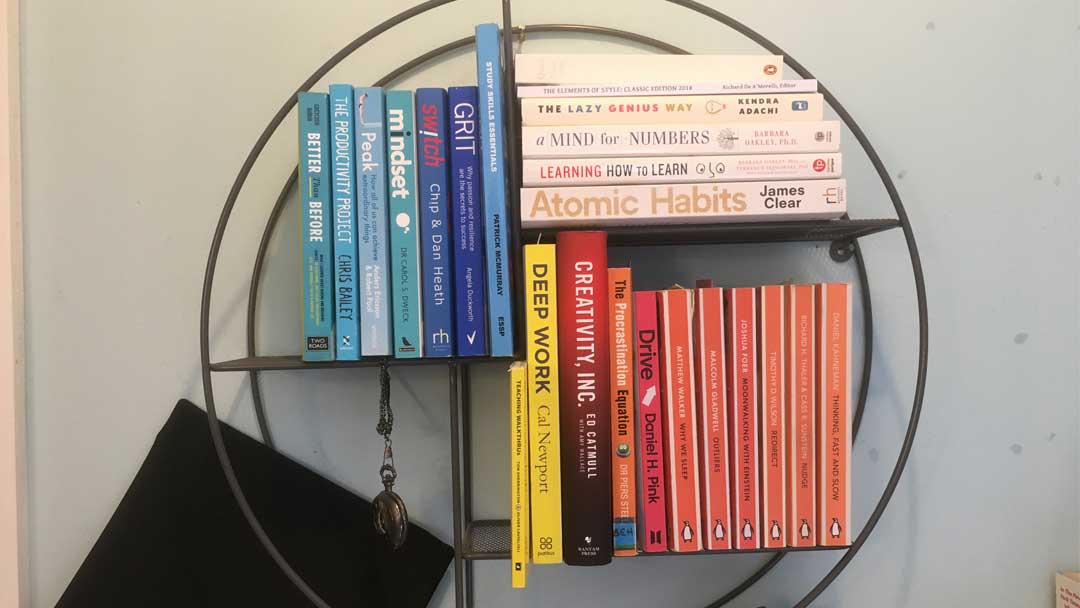
I thought it would be fun to take these books on a little photoshoot, and tell you a little bit about each of them.
If you’re looking for a great book about studying and learning, memory techniques or motivation for students, look no further. These make great gifts for smart students, would be top additions to school libraries or family bookshelves, or are simply among the most powerful investments you can make in your education or a student or educator.
Have I got your favourites here? What are you adding to your reading list? Let me know in the comments at the end!
Overall best study books: my all-time top 3 picks
My overall top two picks for the best study books are Make It Stick by Henry Roediger, Mark McDaniel and Peter Brown, and Redirect by Timothy Wilson. I’d also like to put in a highly honourable mention to Outsmart Your Exams by William Wadsworth. (That’s me. Ahem.) It’s not as famous as many of the books on this list (yet!) but it takes what – I think – is the world’s first scientific and pragmatic approach to setting out a strategy for exam week and in the exam hall itself.
Make It Stick
Book in a sentence:
Underlining, highlighting, re-reading and cramming lead to the illusion of learning, but any gains fade quickly – so use spaced retrieval practice instead.
My take:
Perhaps the classic book when it comes to the science of learning, widely and enthusiastically recommended by psychologists and teachers alike.
It’s considered one of the all-time best books on learning for a reason: it’s a brilliant read from a winning collaboration between a professional writer and world-leading scholars, covering the fundamental science and bringing it to life with some wonderful real-life stories.
What I personally enjoyed most was how good it is at persuading you to actually USE the stuff that works – it does a superb job of describing what effective learning techniques will actually FEEL like, and what to expect when you start using them.
Redirect
Book in a sentence:
Whether you succeed in so many areas of life, including education, can often be attributed to your mindset – Redirect explains the incredible power of changing the stories you tell yourself, with a ferocious commitment to the scientific evidence.
My take:
This book is a real diamond in my opinion, and should be on every student and teacher’s shelf.
To make the ideas in Make It Stick, well, stick, you’d do well to reach for Redirect!
Many of Prof. Wilson’s ideas were new to me when I first read this, and it instantly became my most-recommended book to students who work with me 1:1 on their study skills and exam technique.
Book in two sentences:
Most students leave marks on the table on exam day through poor time management, avoidable mistakes, poor essay / question-answering technique, anxiety-induced performance dips, or simply not taking full advantage of memory’s almost magical powers of recall. This book explains how to avoid all that, and pick up every last mark you deserve on the test, turning exam performance from lottery to a science through the psychology of memory and performance.
My take:
Since this one’s mine, I can’t really give you my own take now can I?! Let me hand this one over to a couple of reviewers from Amazon:
“An exceptional set of tools to ace the exam itself, I would recommend to anyone who would like to significantly improve their results” (Alexander Keller)
“A masterful guide… I always thought I knew a lot about exam technique, but I discovered several new ideas which I will certainly pass on to students – should be on every student’s shelf!” (Dr Aled Walker, fellow at Cambridge)
“This book outlines several quick wins that make a big difference, all based on sound scientific evidence – I would heartily recommend this guide as a trusty companion to see students through exams at school, university and beyond” (Teacher at a UK Department-for-Education Research School)
Four GENIUS books about effective learning and memory techniques
The best books about learning and memory techniques in the list are Understanding How We Learn by Yana Weinstein, Oliver Cavaglioni and Megan Sumeracki, Moonwalking With Einstein by Joshua Foer, and Learning How To Learn and A Mind For Numbers by Barbara Oakley. Make It Stick would also be here too, had I not singled it out for an overall top pick already.
Understanding How We Learn: A Visual Guide
Book in a sentence:
Cognitive psychologists set out the science of learning and memory, and how to use research-backed teaching and learning strategies, richly illustrated throughout.
My take:
This is a BEAUTIFUL book, and hands-down one of the best books on effective learning out there, especially if you’re an educator.
The two books cover quite similar ground, but Make It Stick reads more like a novel, with rich anecdotes and case studies, whereas Understanding How We Learn goes deeper on the underlying science, doing an excellent job of explaining the psychology and neuroscience of memory in simple terms.
Both books cater to all three types of readers (teachers, students, parents), but I normally recommend Make It Stick if you’re a student or parent, and Understanding How We Learn if you’re a teacher.
P.S. click here to hear from co-author Dr Yana Weinstein on the Exam Study Expert podcast!
Moonwalking With Einstein
Book in a sentence:
The art and science of remembering everything – based on a journalist’s experience of training to become a “memory athlete”.
My take:
An electrifying ride, with some really nice explanations of the memory science, and why our memory is so important to who we are.
It’s great fun and very inspirational, but be discerning about applying the messages to your learning – studying for a test generally requires different memory skills to memory athletics.
Learning How To Learn & A Mind For Numbers
Books in a sentence:
Dr Barbara Oakley has dedicated her life to teaching students how to learn effectively, these books set out the secrets that even dedicated and successful students wish they’d known earlier.
My take:
A Mind For Numbers is aimed at older students, e.g. high school and university level (NB: not just if you’re studying Math(s) / engineering), and Learning How To Learn is more for younger children, e.g middle school and below.
Books about studying productively
For books about studying productively, I think you’d be hard-pressed to find better than Eat That Frog – For Students by Brian Tracy and Anna Leinberger, The Productivity Project and Hyperfocus by Chris Bailey, The Procrastination Equation by Dr Piers Steel and Deep Work by Cal Newport. I also like David Allen’s Getting Things Done, but it’s much more relevant to a workplace setting rather than studying, so I didn’t include it here.
Eat That Frog – For Students
Books in a sentence:
Ingenious strategies to stop procrastinating and take control of your time, letting you get through your to-do list and excel in your courses.
My take:
I’ve long been a fan of Brian Tracy’s incredibly practical techniques to master your time and get things done. So I was hugely excited to see him bring out a special version of his 2.5-million copy bestseller, re-written from the ground up especially for students.
A must-read in my book!
P.S. You can hear Brian in a special episode of the Exam Study Expert podcast
The Productivity Project & Hyperfocus
Books in a sentence:
Brilliant introductions to the world of strategies that can help you get more productive and stay focused.
My take:
Chris draws on his very deep reading of the research literature as well as his own (extensive!) experience putting various productivity strategies to the test.
Honestly, the fortnight after I first read The Productivity Project was the most productive I HAVE EVER BEEN IN MY LIFE – and I made lasting changes that have stuck with me, helping me get more done in less time ever since.
The Procrastination Equation
Book in a sentence:
This book will solve your problems of procrastination and get you motivated to live the life you want.
My take:
The other authors in this section, Chris and Cal, are great guys; well-informed, smart, and brilliant writers and their books come highly recommended by me.
But I appreciated The Procrastination Equation because it’s a rare book on productivity that’s actually written by a research scientist. Dr Steel set out to solve the mystery of why we procrastinate in his career, and his findings make for fascinating and very actionable reading.
Deep Work
Book in a sentence:
Our frazzled mind is trying to do a thousand things at once, and failing at them all – if you can cut out the distractions and focus, you will get FAR more quality work done.
My take:
Cal Newport really made his name with the “deep work” idea, and it’s had a powerful impact on my life.
As my dislike of distraction has grown, I’ve got more and more done, and produced better and better work…
And only slightly irked my dear wife in the process…
Five BRILLIANT books about smarter study habits and work-life balance
The next section is all about books that help you find a healthy work-life balance, and adopt smarter habits and routines for maximum results without going nuts in the process. Here, I’ve gone for Switch by Chip and Dan Heath, Atomic Habits by James Clear, Why We Sleep by Matthew Walker, Better Than Before by Gretchen Ruben and The Lazy Genius Way by Kendra Adachi.
Switch
Book in a sentence:
Change is hard – but it doesn’t have to be, deceptively simple methods can yield extraordinary results.
My take:
I blew through this book in about 24 hours.
It was a wild read, packed with actionable tips and tricks for doing things differently
Especially useful if you’re a teacher or parent trying to influence hesitant students to do things differently!
Why We Sleep
Book in a sentence:
Nearly all of us need to sleep more – if you don’t, you’ll learn slower, remember less, have poorer mental health, worse focus, and be more susceptible to a whole range of health problems.
My take:
Really opened my eyes to how important it was to close your eyes (for long enough each night).
Professor Matthew Walker absolutely knows his stuff.
The first few chapters were a particular delight for me, where I rediscovered the pure joy of learning a new bit of relatively simple science (the 2 sleep systems) that beautifully and elegantly explains so much I know to be true from life experience.
Atomic Habits
Book in a sentence:
Transform your life with tiny changes in behaviour.
My take:
Wildly popular contemporary book on forming and breaking habits, based on cutting-edge psychology and neuroscience.
Seems to particularly resonate with logical, driven people, like those in or studying fields like science, engineering and business.
One of the rare times a popular blogger distils his best stuff for a book and it turns out genuinely very, very good.
Better Than Before
Book in a sentence:
There’s no one-size-fits all solution to changing your habits: to change, we must first know ourselves.
My take:
I’d characterise this as a more feminine approach to changing habits than Atomic Habits.
James Clear goes after the science, hacking the mechanics of how habits form in the brain; Gretchen’s approach is softer, with recommendations tailored to your personality and character.
The Lazy Genius Way
Book in a sentence:
Figure out what matters and be a genius about it; be lazy about everything else – whether that’s how to keep in touch with a friend or how to cook or do your laundry.
My take:
Kendra’s a Mom, and wrote this book for her fellow Moms to help them look after households more easily – but given students living away from home also need to look after households, I don’t think there’s a better place to learn this stuff than from Kendra.
Not strictly a book about studying, but get these basics right, and you’ll find it much easier to feel in control of your life, and take on everything else (e.g. studying).
Click here to hear the author’s best tips for students on the Exam Study Expert Podcast.
5 AWESOME motivational books for students: mindset and performance psychology
My favourite motivational books for students are Drive by Dan Pink, Grit by Angela Duckworth, Mindset by Dr Carol Dweck, Peak by Anders Ericsson and Robert Pool, and Outliers by Malcolm Gladwell.
This isn’t wishy-washy pop psychology: with only one exception (Malcolm Gladwell), my picks in this section are written by professional psychologists / academics, each with a particular flare for communicating the science in an entertaining and engaging style.
These are some of the most entertaining books on the whole list – great bedtime or holiday reading if you’re into psychology and performance.
Drive
Book in a sentence:
The secret to high performance is the deeply human need to direct our own lives, learn, and create new things, and do better by ourselves and the world.
My take:
If you’re trying to change your study behaviours, whether that’s your motivation towards studying as a whole, or summoning up the drive to switch to more effective but more effortful ways of learning (a la Make It Stick / Understanding How We Learn), read two books: Drive and Redirect.
Grit
Book in a sentence:
Champions aren’t born, they’re forged by virtue of their “grit”, their passion and perseverance in pursuit of their long-term goals, be they academic, entrepreneurial, athletic or otherwise.
My take:
Angela’s become a pretty popular psychologist because she’s mastered the art of doing research that leads to very practical advice.
People pay attention to her stuff because she’s been able to find a formula, prove it gets results, and teach you how you can follow it too.
I thought Grit was great.
Mindset
Book in a sentence:
If you move from a fixed mindset (“I can’t do it: my ability is fixed”) to a growth mindset (“I can’t do it YET: BUT I COULD WORK ON IT AND IMPROVE”) your outcomes at school and in life can improve substantially.
My take:
You’ve probably heard of growth mindset.
This is the seminal text that put the idea on the map, and minted Dr Dweck as one of the most talked-about psychologists of her generation, particularly in the world of education.
Growth mindset is one of the pillars of Angela Duckworth’s “Grit” approach, but the idea is important enough that it stands alone as a separate recommendation on the list.
Peak
Book in a sentence:
Dynamic Swedish psychologist explains to improve at almost any skill that matters to you, based on a career spent studying chess champions, violin virtuosos and start athletes.
My take:
The key is deliberate practice, near the edge of your ability – which dovetails nicely with the Make It Stick / Understanding How We Learn messages about “desirable difficulty” when learning information.
Outliers
Book in a sentence:
To be outstanding at something, you need lots and lots of (the right sort of) practice – that’s what made Bill Gates a master programmer, or The Beatles such a successful group.
My take:
Gladwell isn’t a psychologist (he’s a historian), and his conclusions aren’t always universally accepted, but he’s an absolute magician for how he weaves together human story and scientific data to create the most beautifully compelling and engaging arguments.
Say what you will, I loved it and am looking forward to the next time I re-read it.
TWO BONUS books about thinking and personality
Thinking Fast and Slow
Book in a sentence:
Nobel prizewinning psychologist Daniel Kahneman explains his life’s work on how we think, judge and decide, and the tricks your brain plays on you if you’re not careful!
My take:
Look, I’m a psychologist, so this was pretty much a must-buy when it came out. He doesn’t write with quite the same spark and flair of some of the younger, TED-talk-giving “celebrity” psychologists featured elsewhere on this list, but the man is a legend in his own lifetime, and when you browse the spectacular insights in this book, you’ll see why.
Quiet
Book in a sentence:
The mighty extrovert is often praised – the charismatic leader, the ace salesperson – but introverts have their own superpowers too, and it’s time they were recognised.
My take:
Christopher Ellott, a senior leader at one of UK’s most exceptional schools, said that this was the best book on education he’d ever read.
All the more impressive given author Susan Cain never even set out to write a book on education.
Well worth a read, especially for anyone who, like me, identifies as an introvert (come on, I’d bet that there are a fair few of us in the Exam Study Expert community…).
And just before you go…
As an Amazon Associate, I may earn from qualifying purchases, at no extra cost to you. I make these recommendations based on personal experience and because I think they are genuinely helpful and useful, not because of the small commissions I receive.

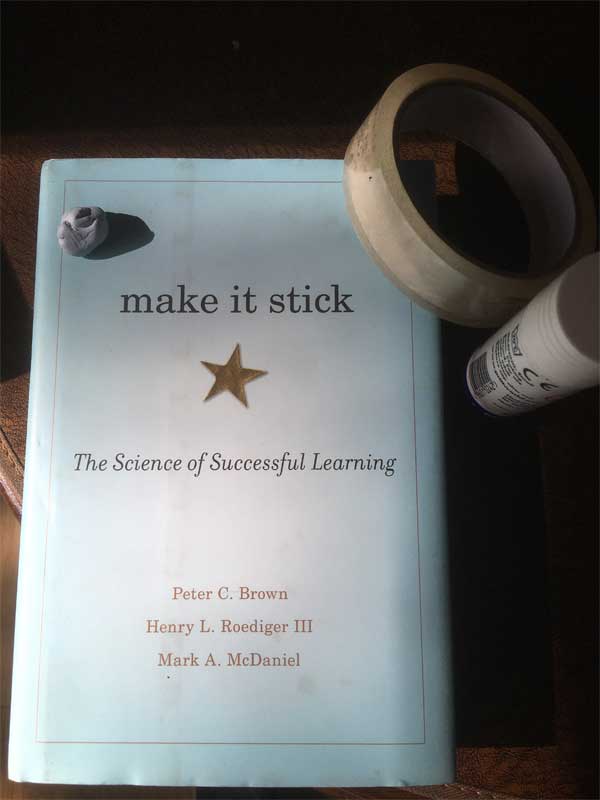
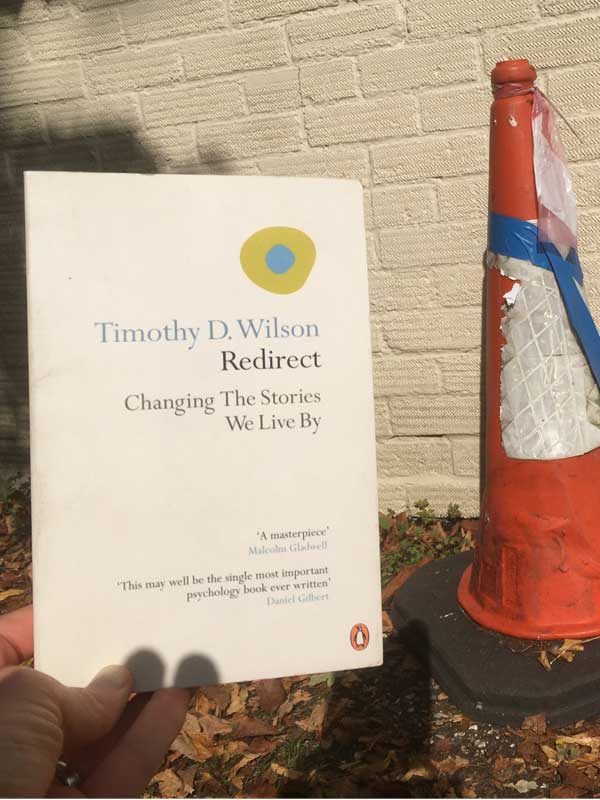
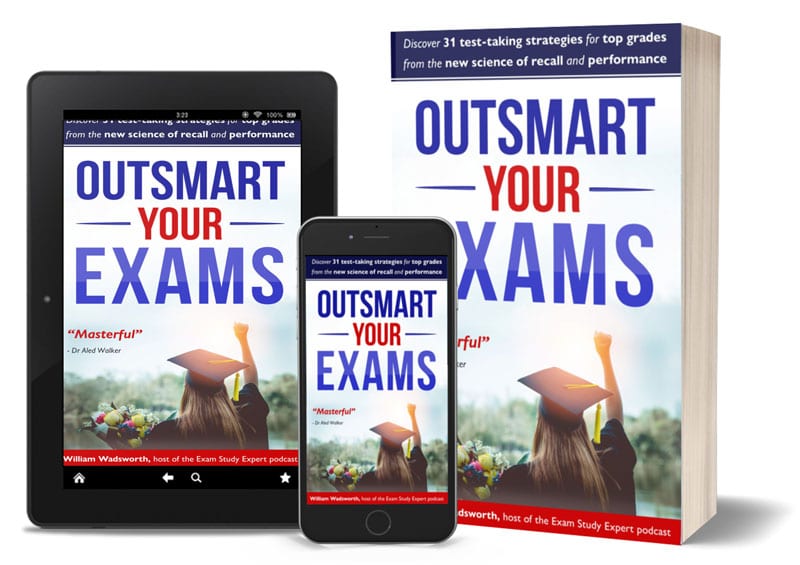
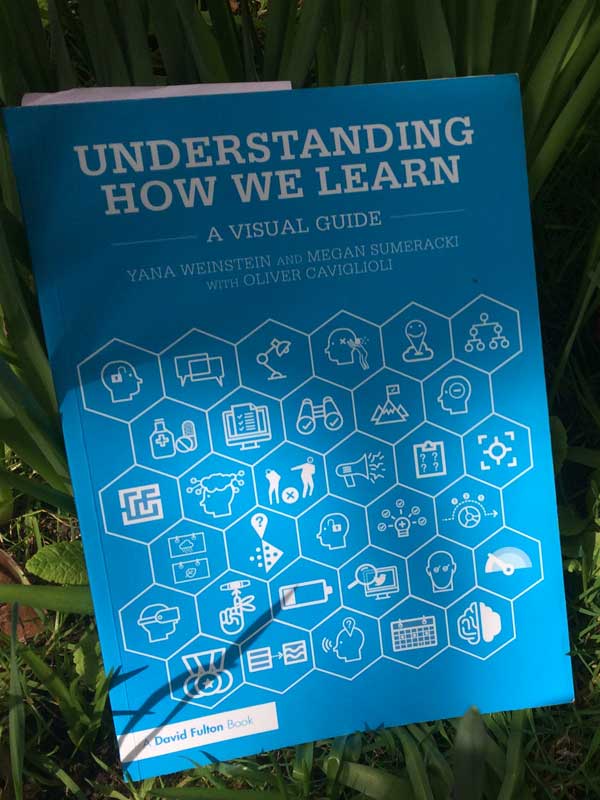
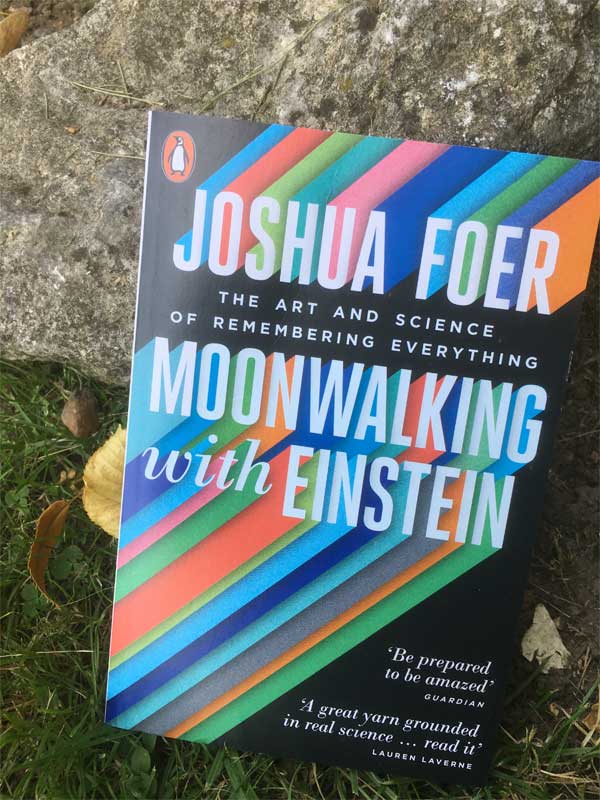
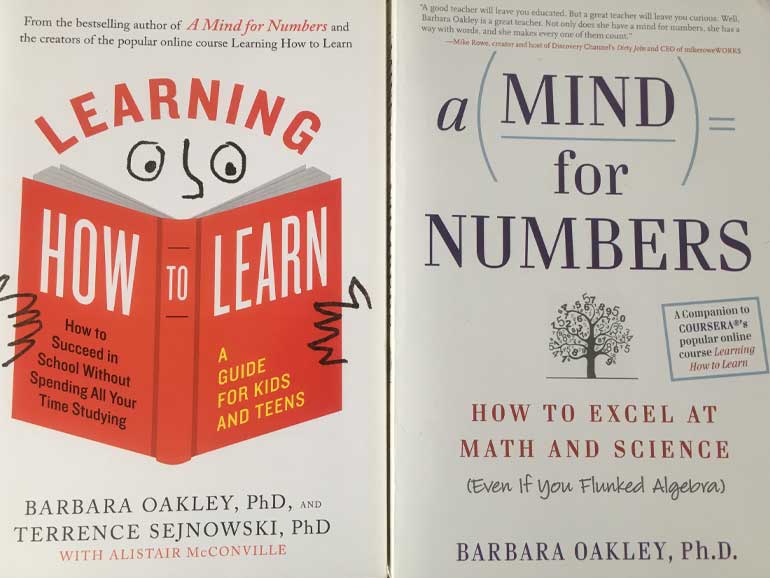
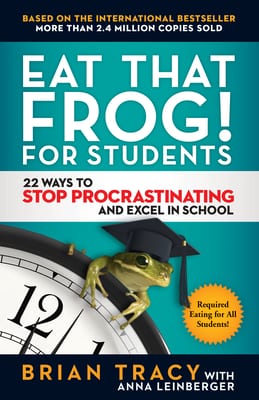
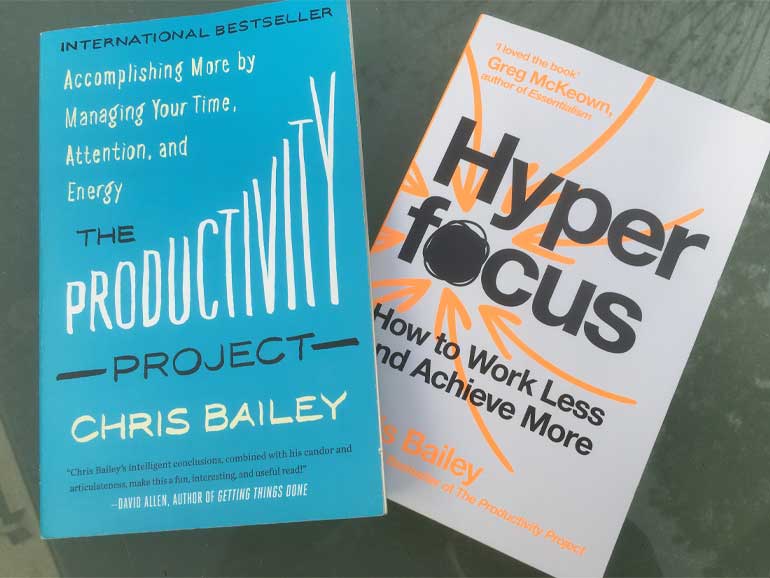
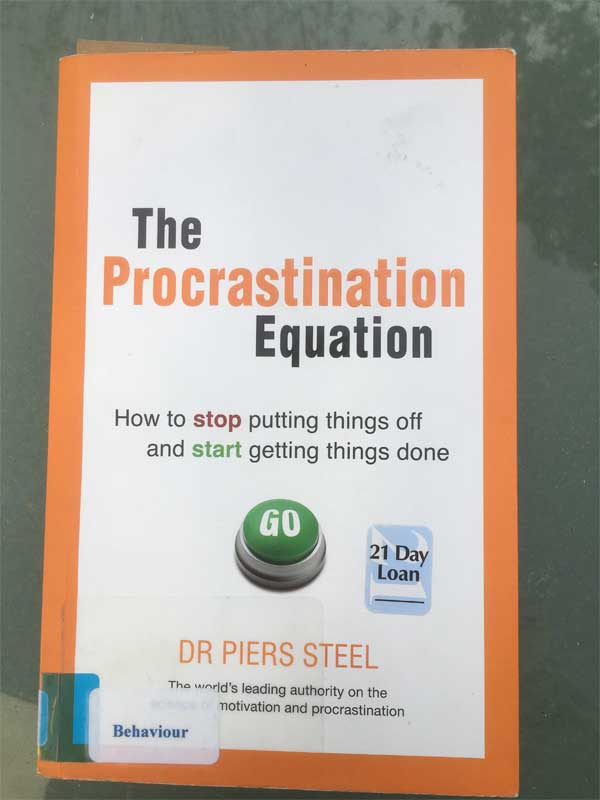
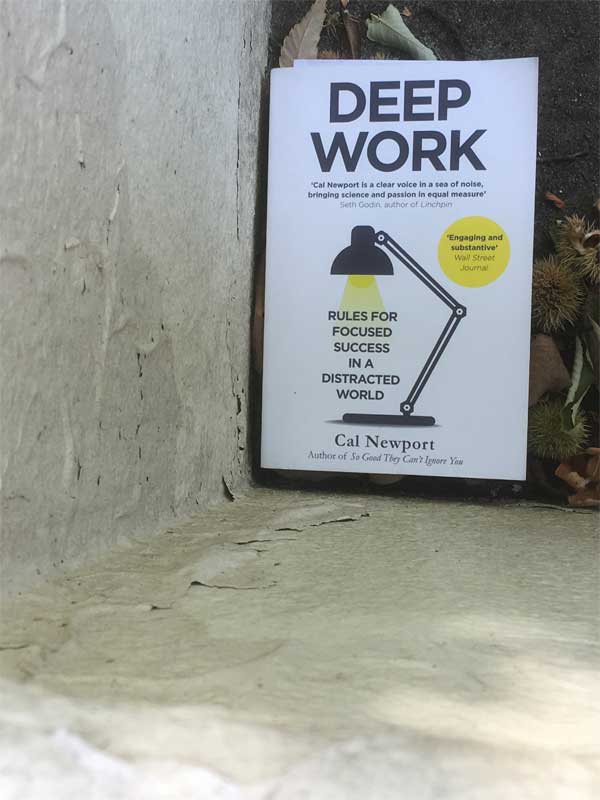
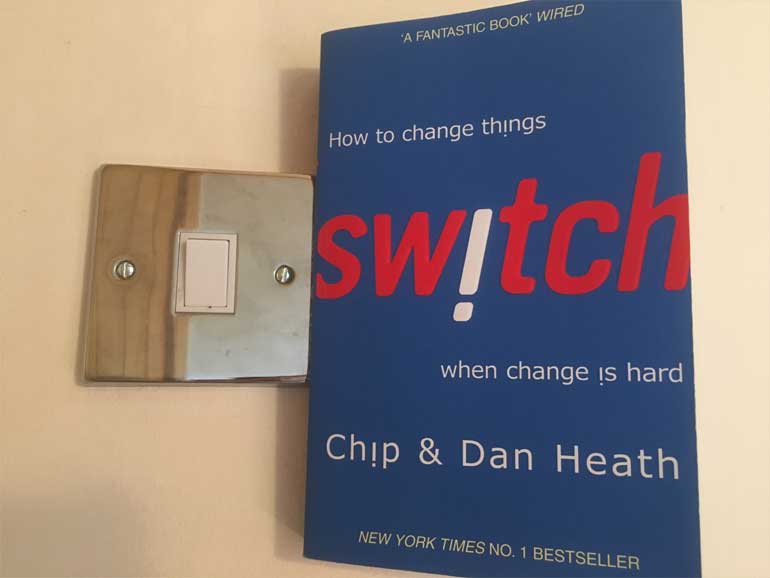
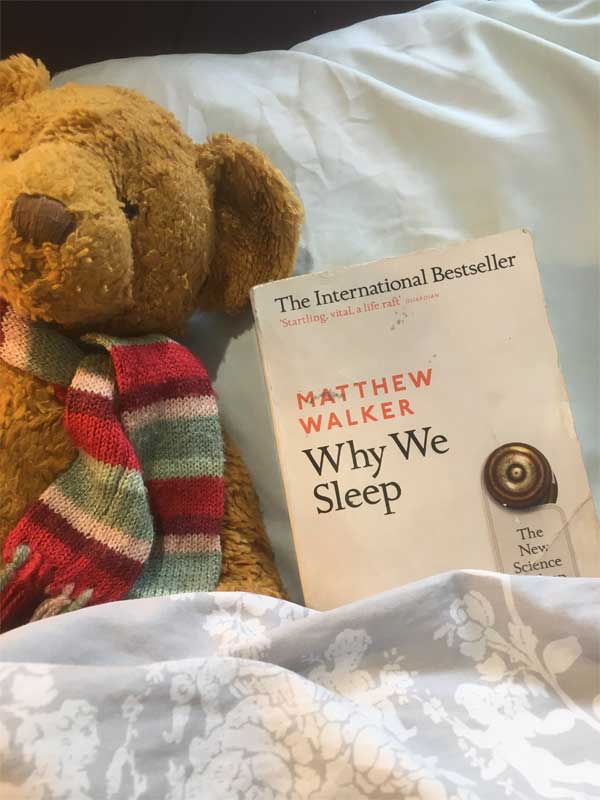
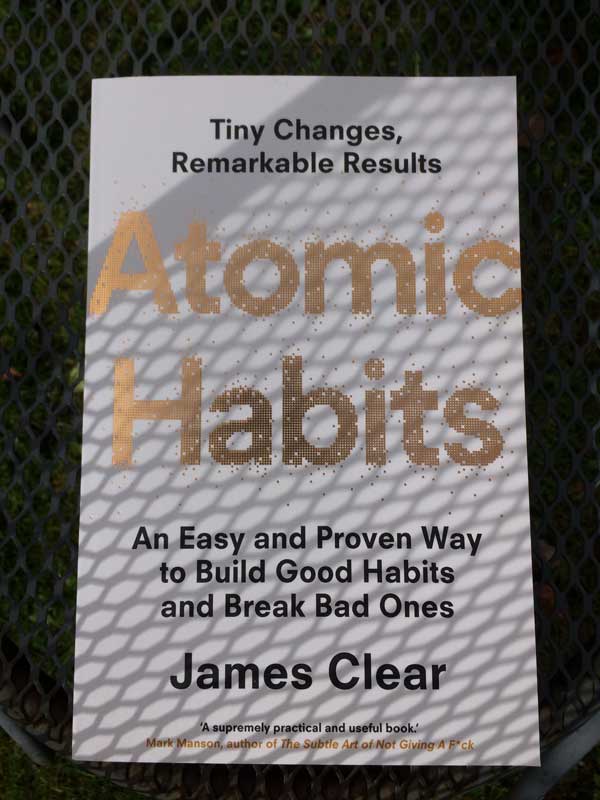
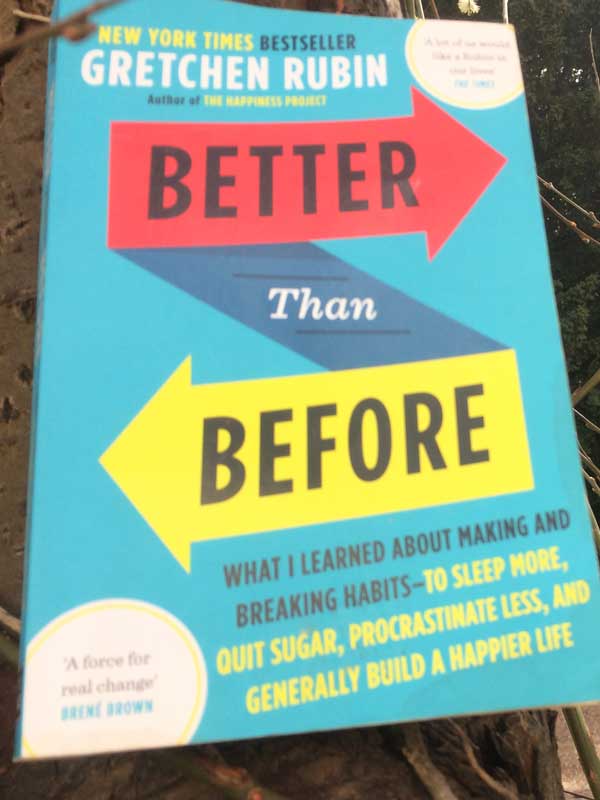
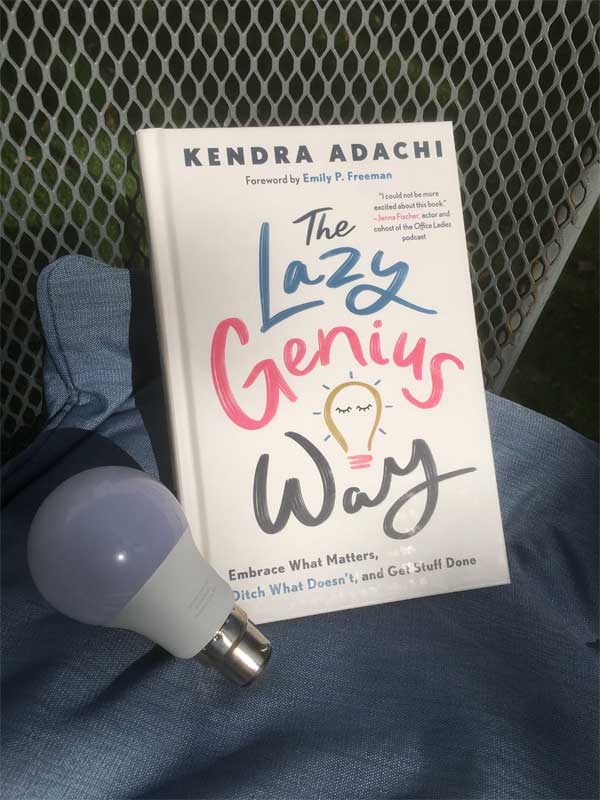

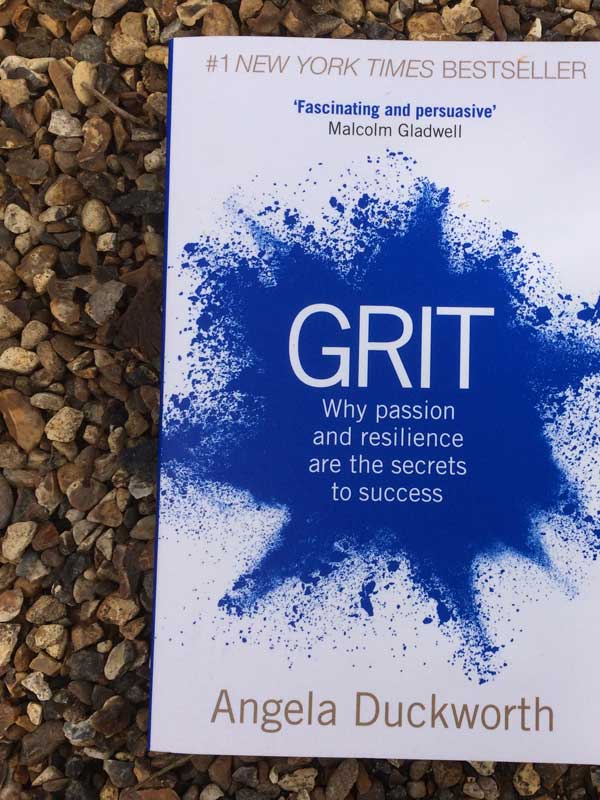

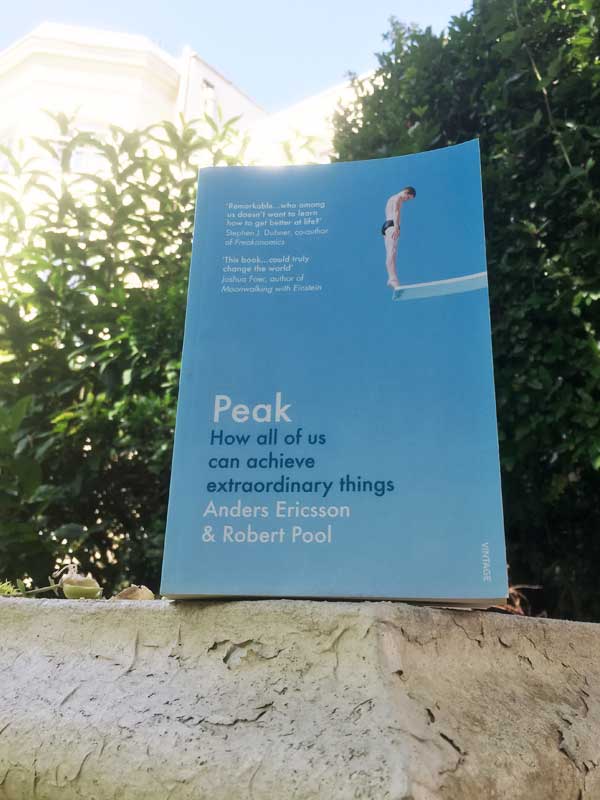
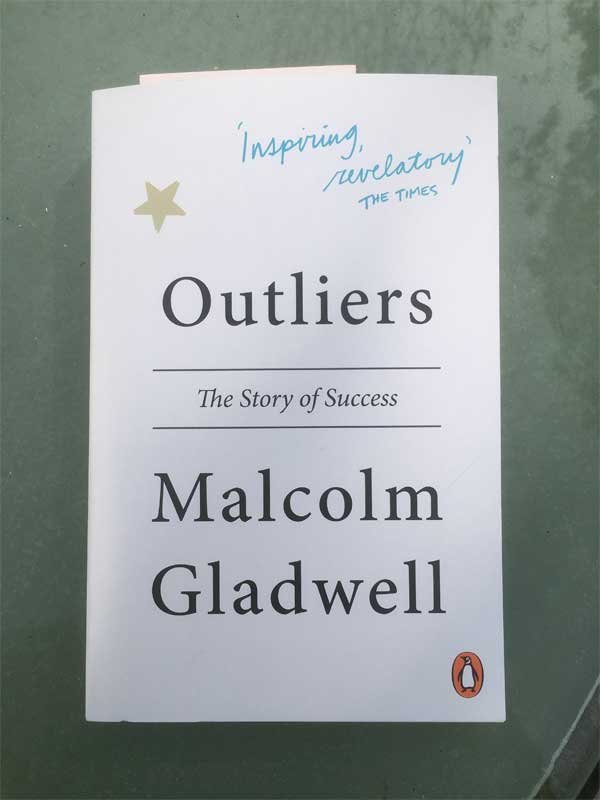
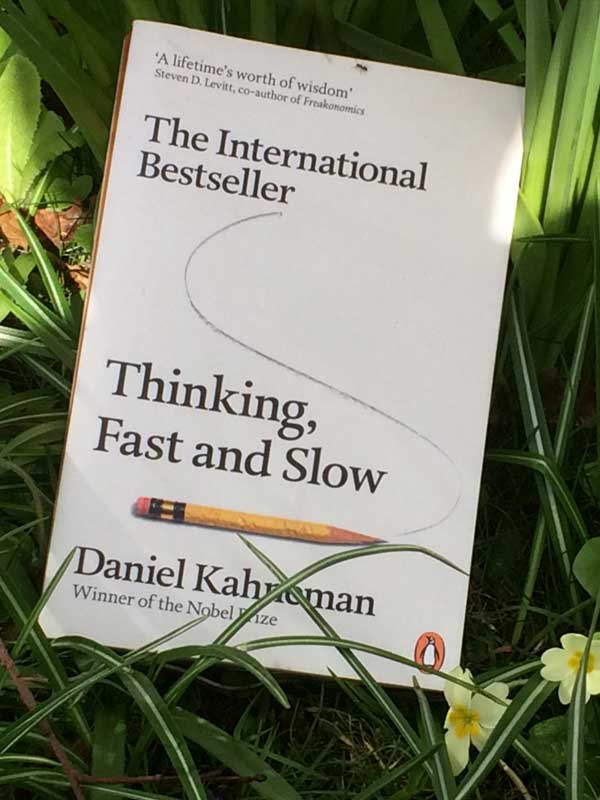
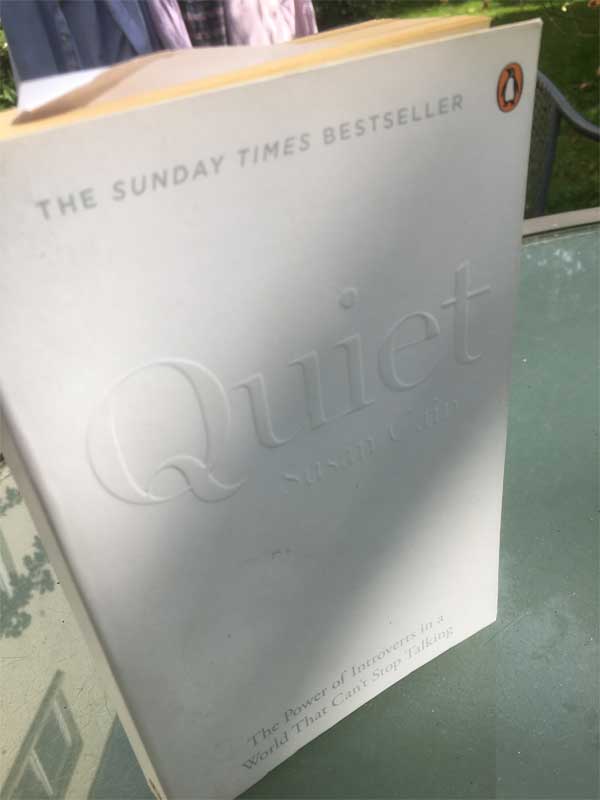

Please recommend me a book that have scientific memorization techiques
Start with Make It Stick https://geni.us/getmakeitstick 🙂
I am professional student thank you so much for your help ☺️
I’m a 68 year old woman who became disabled and in order to avoid living in poverty I have chosen to go back to school and I have forgotten how I managed in the past and now that there have been studies about how people learn effectively, I am fascinated by the science
Hi Ann – that’s an incredible story. If there’s anything I can help with please don’t hesitate to reach out – you can send me an email at https://examstudyexpert.com/about/contact/.
Wishing you every success.
Hi I’m currently in 8th grade and I’m a pretty good student with honors classes and all but Im obsessed with getting all straight A’s and achieving my dreams but I haven’t been able to do it since 2nd grade. I just want a book that will teach me study methods and tips to do well in high school and college to get all A’s but there are so many books idk which to choose! 😅 which or how many of them should I get?
get about 20, read them all, take down notes on the ones that will help you the most. Then you will be extremely knowledgable on the topic
I really love your list. Thank you!!! 🙂
Thank you so much for your suggestions, i have already some of these books and i will add the others to my list, i’m a big fan
Glad to see we have at least one book in common, Atomic Habits! Thanks for writing this up, I’ll be sure check the other ones for future reading. Keep up the awesome work by the way!
Ha – it’s a good one!
And thank you so much for the kind words 🙂
And most of all, every best of luck in the exams – you know I’m rooting for you!!
Hi William, these books are amazing and thanks for sharing them! I get thousands of thoughts in my mind but fail at them all, so I think “Deep Work” will be the best book to read for me. Keep sharing!
Hi Eva – enjoy, it’s a good one! “Hyperfocus” might also be helpful for that. Good luck with it 🙂
That’s a great list of books on thinking, learning and why we do the things we do. I’m working my way through quite a few of them at the moment – One of the key takeaways I’ve had from Daniel Kahneman’s Thinking fast & slow is that we’re predisposed to answer any question in the best way we can, which often means NOT answering the actual question we’ve been asked! That translates, in a study setting, in misreading a question and then going off on a tangent and not gaining full marks etc.
After reading DK’s book one of the tips I’ve offered to our children in a bid to stop that fast brain taking on too much control, is to talk the question out loud (or silently in an exam!) It forces a different part of the brain into the mix & helps to stop that knee-jerk response our brains love to provide for us.
One other book to mention is Amanda Ripley’s The Smartest Kids in the World. It digs into the differences between study routines in a selection of countries and highlights the pros, and cons of each model that is used.
Love the podcast BTW, looking forwards to your next episodes
Hi Charles! I really like your point about the “fast” thinking response leading to diving into the question too early – makes a lot of sense.Silently voicing the question sounds like a great idea to help digest the question properly in an exam.
There was a nice study a little while back where researchers from Leeds university experimented with writing the word “not” in bold in a probability question – the students who had the word “not” printed in bold were more than 3x more likely to answer the question correctly compared to a control group who had a plain-text (unbolded) version of the question. Many exam boards seem to be catching on to the issue – I notice a lot more “bolding” in exam paper questions than ten years ago – but there’s still plenty of room for student error… So I always suggest highlighting / underlining key words, command words and pieces of data in a question to reduce chance of missing something.
Glad you’re enjoying the podcast – we’ll be back soon I promise!